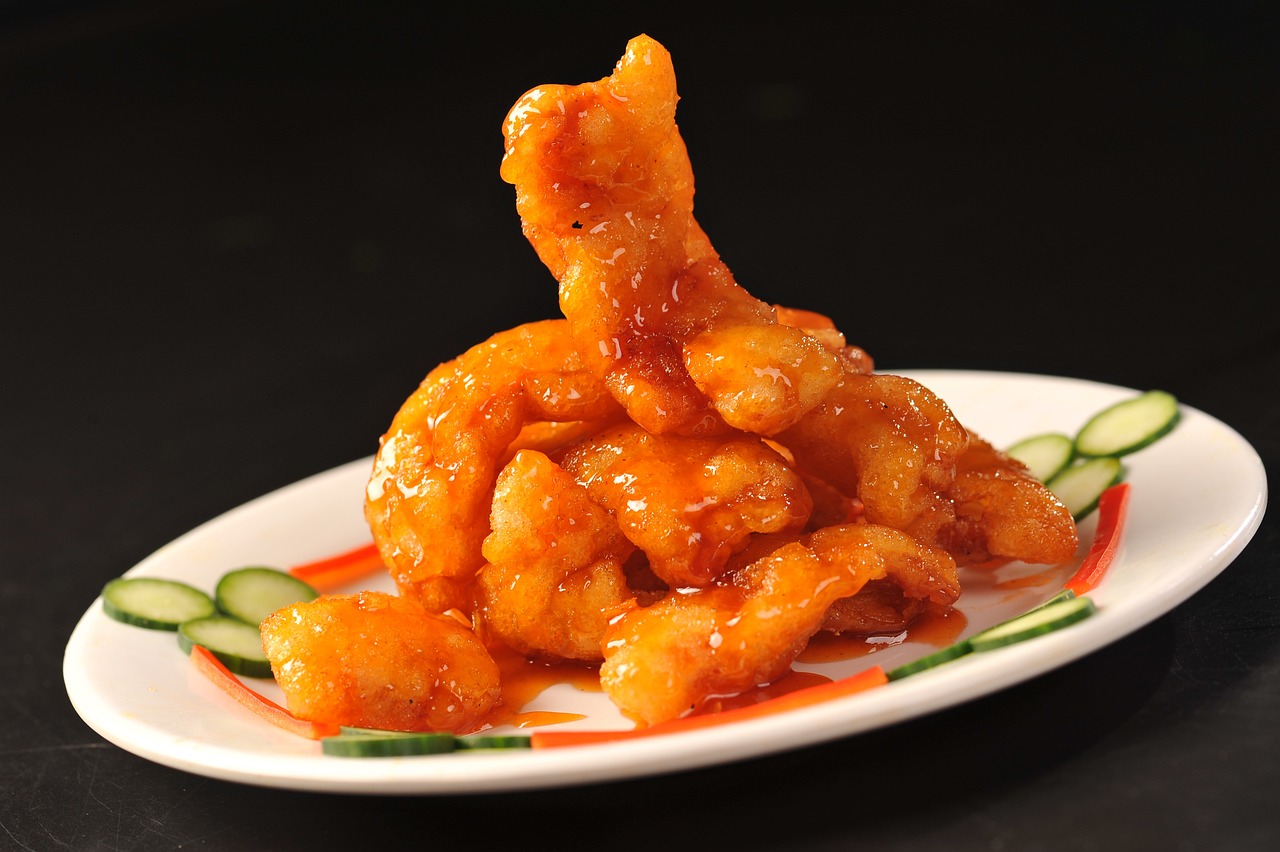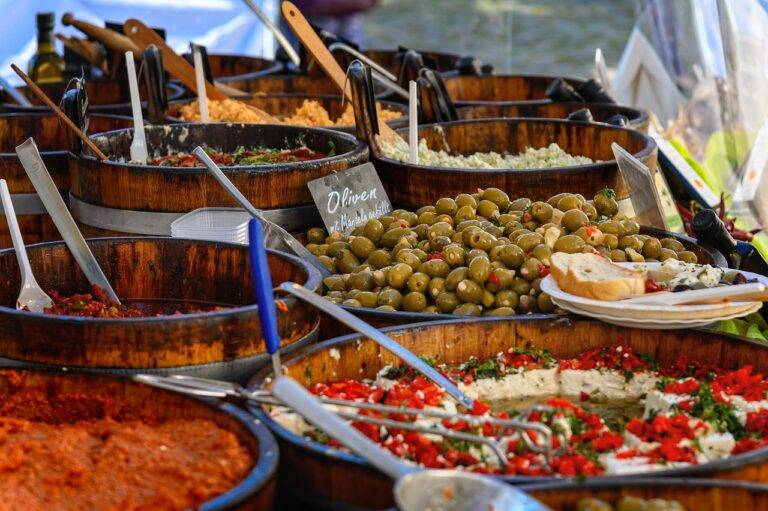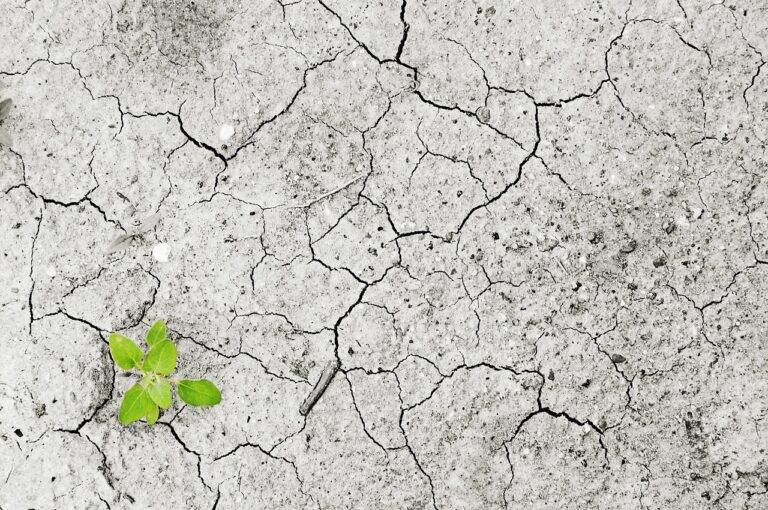The Art of Food Preservation: Preserving the Harvest for Year-Round Enjoyment.
Food preservation plays a vital role in ensuring the availability of food beyond its harvest season. By utilizing techniques like canning, freezing, drying, and pickling, we can extend the shelf life of various perishable items. This helps in reducing food waste and ensures that food can be stored for consumption during times of scarcity.
In addition to preventing food spoilage, preservation methods also help in maintaining the nutritional value of the food. Certain techniques like freezing are known to preserve nutrients better than others, ensuring that essential vitamins and minerals are retained in the food for longer periods. By making use of these preservation methods, individuals and communities can have access to a diverse range of foods throughout the year, promoting better health and nutrition.
Benefits of Preserving Food
Preserving food is a valuable practice that extends the shelf life of perishable items. By utilizing various preservation methods such as canning, freezing, or drying, individuals can minimize food waste and save money by preserving excess produce or leftovers for later consumption. This not only helps in maintaining a well-stocked pantry but also ensures that nutritious food is readily available, contributing to a more sustainable lifestyle.
In addition to reducing food waste, preserving food can also help in times of emergencies or natural disasters when access to fresh groceries may be limited. Having preserved food on hand can provide a sense of security and ensure that basic nutritional needs are met during challenging circumstances. Furthermore, preserving food allows individuals to enjoy seasonal produce year-round, enabling them to savor the flavors of their favorite fruits and vegetables at any time.
Why is food preservation important?
Food preservation is important because it helps to extend the shelf life of perishable foods, reducing food waste and saving money. It also allows for seasonal fruits and vegetables to be enjoyed year-round and provides a way to store food in case of emergencies.
What are the benefits of preserving food?
The benefits of preserving food include:
– Extending the shelf life of perishable foods
– Saving money by reducing food waste
– Enjoying seasonal produce year-round
– Having a supply of food in case of emergencies
– Preserving the nutritional value of food
– Creating tasty dishes with preserved ingredients.
How can I preserve food at home?
There are several methods you can use to preserve food at home, including canning, freezing, drying, pickling, and fermenting. Each method has its own set of instructions and equipment needed, so it’s important to research and follow proper guidelines for food preservation.
Is it safe to preserve food at home?
Yes, it is safe to preserve food at home as long as you follow proper food safety guidelines and use the correct equipment and methods. It’s important to follow approved recipes and procedures for canning, freezing, drying, pickling, and fermenting to ensure the safety of the preserved food.





